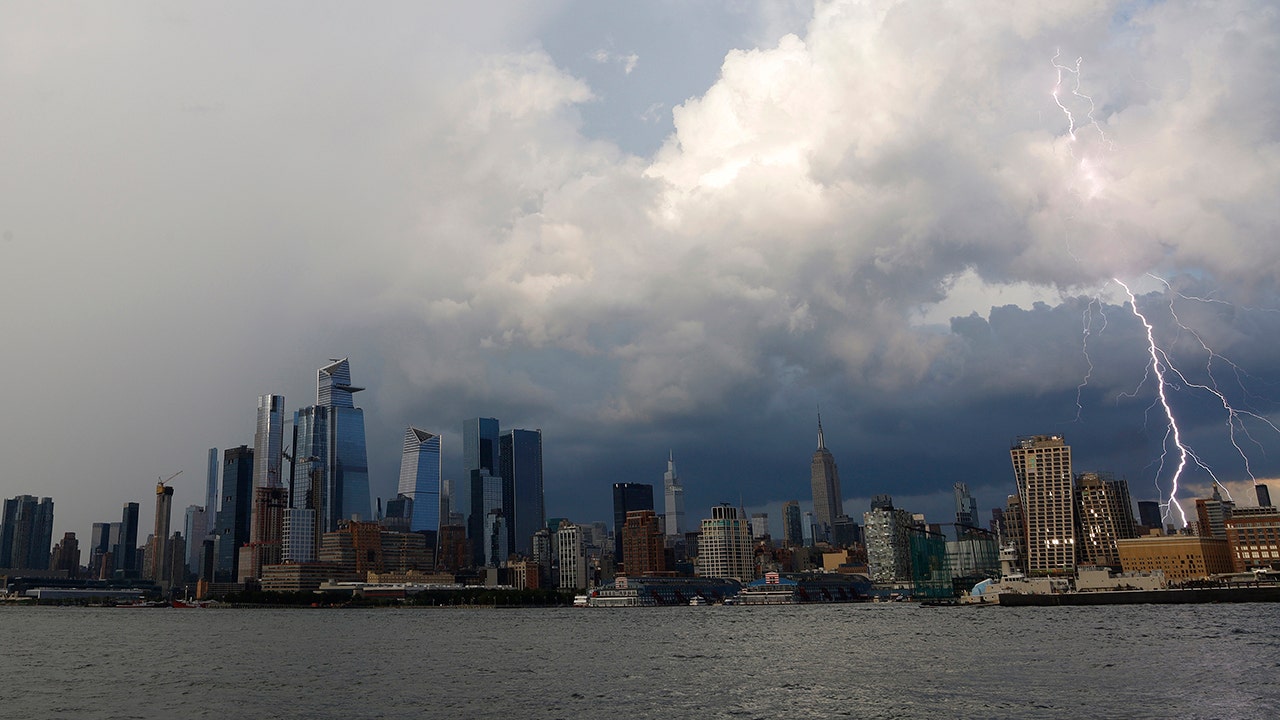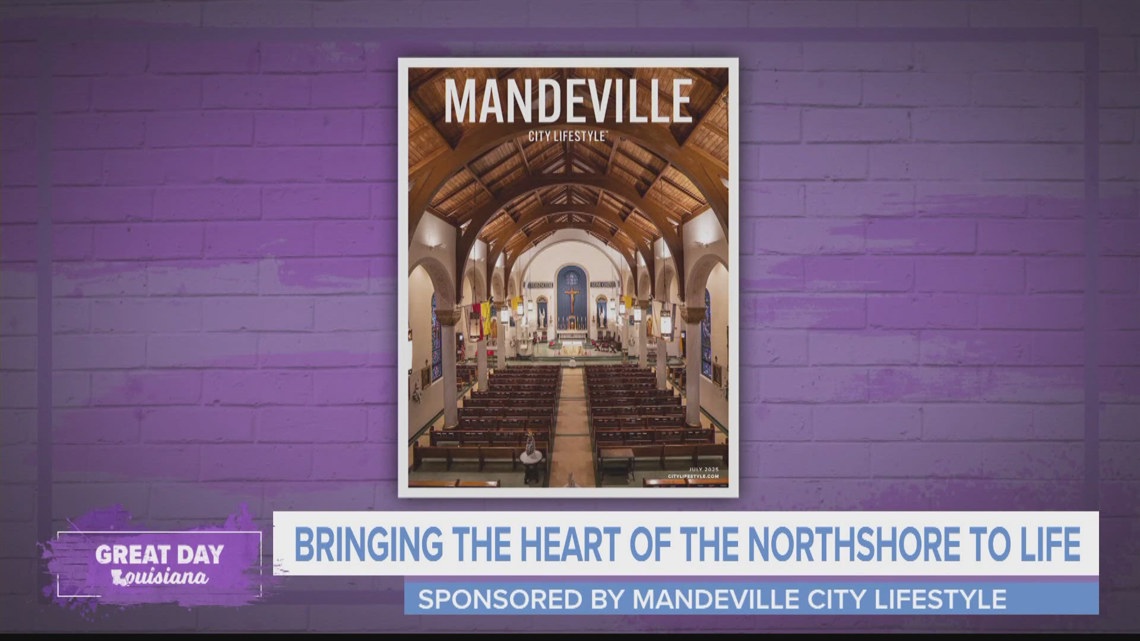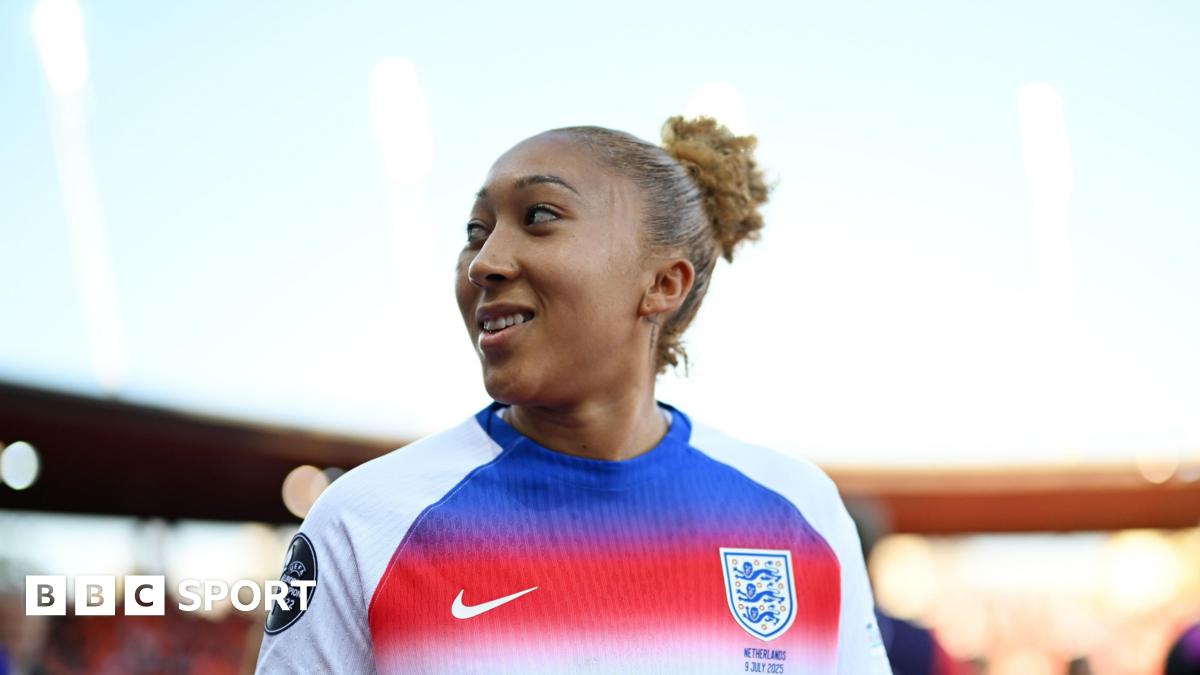Mukhtar Babayev is COP29 President and Special Representative of the President of Azerbaijan for Climate Issues.
We face an historic irony this year. 2025 was supposed to start a new decade in climate finance.
When countries signed the Paris Agreement in 2015, they set this year as the date from which donor countries would support the developing world under a new climate finance deal. The Baku Finance Goal agreed at COP29 in Azerbaijan did indeed set a target of $300 billion a year by 2035, a three-fold increase on the current funding.
But instead of stepping up, donors are stepping back. Governments are diverting funds from communities on the frontlines of the climate crisis. Military spending is being raised at the expense of climate finance and aid budgets are being slashed.
This is not how the new decade of solidarity and action was supposed to begin. Developed countries were supposed to take the lead. It is a bitter pill for the world’s poorest to swallow.
No enforcement mechanism for promises
Worryingly, this comes as countries prepare their next generation of climate plans for submission. This round of emission cuts is our last best chance to keep the 1.5 degree Celsius target within reach without a sustained overshoot. But how can developing countries cut emissions if they can’t count on support?
COP Presidents face the same question – how do you ensure the deals you gavelled are actually delivered? The awkward truth is that, technically, we cannot. There are proposals to reform climate governance, but we currently have no formal power to hold countries to account.
There is no international enforcement mechanism. Some countries should be commended for embedding commitments into domestic law. Most, however, exploit every loophole to avoid legally binding requirements.
COP30 president: Transition from fossil fuels can start without climate talks
Instead, we rely on norms, values and standards. We place our hope in enlightened leaders who can see their own interest in collective climate action. We hope they understand that promises made are promises. Or we are forced to invoke their sense of duty.
When governments break promises to each other, it breeds distrust and anger. We can see this in the hallways of climate negotiations already. There is little point investing in soft power if leaders go soft on their words.
Many donor countries seem oblivious to the promises made. At ministerial meetings on climate change, few can recount the pledges of past years. Ministers gathered in Spain last week for the Fourth International Financing for Development conference. For all the talk of implementation, how many governments have kept the promises they made last time?
The early milestones for 2025 are barely on the agenda for this year’s UN climate summit. Small island states have said that, if need be, they will fight to get climate finance on the agenda. Why are their voices alone?
Adaptation finance goal expires this year
The earliest invoice due is a pledge made when the UK hosted COP26 in 2021. Under the “Glasgow Pact”, developed countries would at least double their collective support to help communities adapt to the consequences of climate change by 2025. Put simply, that’s at least $40 billion a year.
This is a critical early test of whether the will is there to hit the $300 billion by 2035. Falling short of a commitment due now augurs ill for a much larger commitment due ten years hence.
The conventional excuse is that the world has changed, making old plans and pledges redundant. To that, we say the world was always going to change. These targets were supposed to provide certainty in uncertain times. They were collective goals, so collectively they must be delivered.
Green Climate Fund reforms aim to fix “slow, cumbersome” accreditation process
When we negotiated the Baku Finance Goal in November following the US election, donors insisted they couldn’t be expected to pay more than $300 billion when some of the biggest players were stepping away. They cannot use the same excuse again to explain why they can’t meet the goal.
To lead is to choose, and in a world of tight finances, the burden of leadership is heavy. Nobody should envy the trade-offs governments must make: which causes to support, which sectors to prioritise, which issues to address. There are no free choices.
But there are shortsighted choices. And there are choices that can corrode the system. Breaking your word is not an acceptable choice. It would be a matter of deep regret. Developed countries need to take the lead on climate finance. Donors must send a clear and strong signal that a promise made is a promise kept.









 English (US) ·
English (US) ·